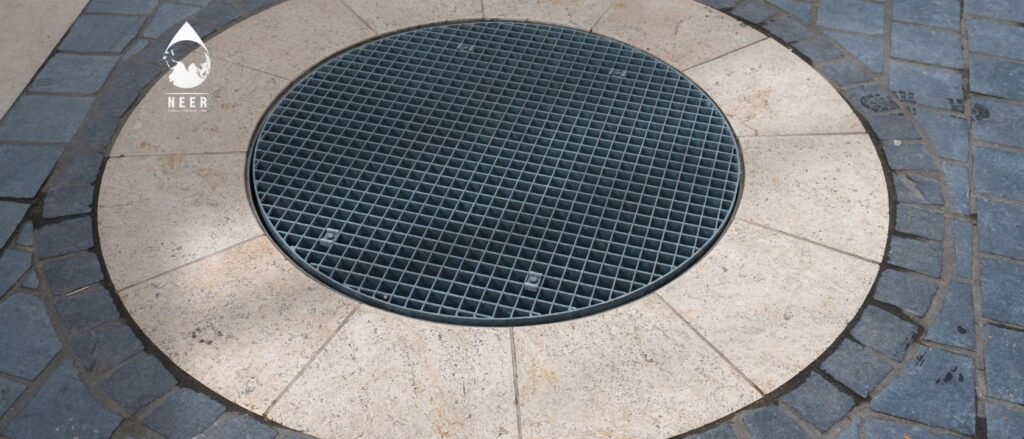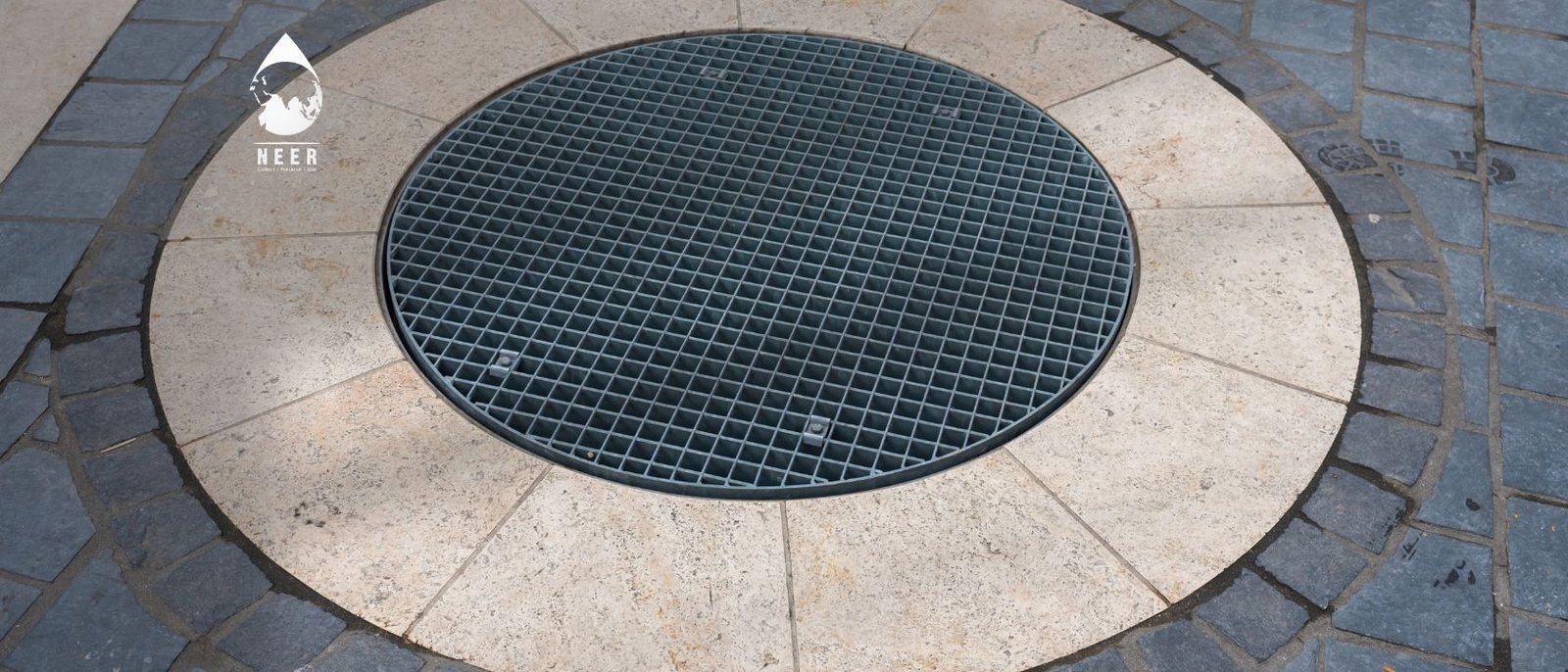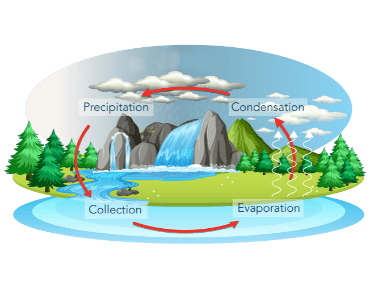
By: admin
Easy Ways to Collect Rainwater and Save on Your Water Bill
As water prices continue to rise, finding strategies to lower your water bill while simultaneously preserving this precious resource becomes more critical. Rainwater collection is among the easiest and most efficient techniques available. Rainwater collection helps you lower your water costs, lessen your dependence on municipal supplies, and support environmental sustainability. Here are some simple methods for gathering rainfall and beginning water bill savings.
1. Create a rain barrel first.
Installing a rain barrel is one of the easiest and most affordable ways to collect rainwater. Your roof’s downspouts can collect and store rainwater in a rain barrel. One or more barrels under the downspouts will gather water during every rainfall. This water can be used for gardening, outdoor cleaning, and even toilet flushing, reducing the need for treated tap water.
2. Plan a basic gutter system.
Should your house lack gutters, think about building a basic gutter system to direct rainfall from your roof into storage containers. Gutter and downspouts guide rainwater towards a designated collecting point, like a rain barrel or a larger storage tank. This system ensures that you collect as much rainwater as you can, making it available for a variety of purposes throughout your house.
3. Make a do-it-yourself rainwater collection system.
Making a DIY rainwater collecting system can be both profitable and reasonably priced for those who like a hands-on approach. To filter trash, you might create a system out of simple components, including mesh screens, PVC pipes, and big containers. You can adjust these handcrafted systems to suit your area’s water demand, providing a tailored solution for rainwater collection.
4. Attach a rain chain.
A rain chain is an appealing alternative to conventional downspouts and a practical means of collecting rainfall. Rain chains let you gather water for later use by guiding it from the roof to the ground or into a container. They come in a variety of styles, accentuating your house while also serving the purpose of rainwater collection.

5. Fit a soaker hose.
Should you have a garden, think about running a soaker hose from your rain barrel. The porous design of a soaker hose allows water to gently seep into the ground, providing your plants with constant moisture. Using a soaker hose to collect rainwater helps you maintain a healthy garden while reducing water consumption and expenses.
6. Create an underground caistern.
Establishing an underground cistern could be a beneficial choice for someone wishing to gather more rainwater. Large underground tanks called cisterns offer enough space for storing rainfall gathered from your roof. You can then pump this water for use in your house, garden, or even as a backup water source during dry times. Although more complicated than a rain barrel, an underground cistern will help you greatly rely less on municipal water.
7. Take advantage of the natural surroundings’ features.
Natural landscaping elements will let you gather rainwater even if you would rather not use tanks or barrels. In your garden, create shallow depressions or swales to collect and retain rainwater so it can soak into the ground and feed your plants. Without further irrigation, this approach guarantees that your garden gets enough moisture and helps to lower runoff.
8. Harvest rainwater for non-potable purposes.
You can use rainwater for many non-potable uses around your house, even if the general advice is against drinking it without appropriate treatment. Gathered rainfall is used for tasks such as washing your car, cleaning outside spaces, and flushing toilets. For these purposes, using rainwater lowers your water bill costs and helps you save on treated water usage.
9. Teach your family.
Rainwater collection will have more benefits if everyone in your house agrees. Inform your family members about the importance of water conservation and how they can contribute to the proper collection and use of rainwater. The more people participate in the effort, the greater the impact on your water bill and the environment.
10. Keep up your rainwater harvesting system.
Regular maintenance is absolutely vital to guarantee your rainwater collection system stays effective. Periodically clean your gutters and downspouts to avoid blockages; check your rain barrels or tanks for leaks; and make sure any filters are clean and in excellent operating order. Good maintenance will maximize the water you gather and extend the life of your system.
Lastly
Gathering rainwater is an economical and efficient way to reduce your water bill while also contributing to environmental protection. Rainwater collection can provide your house with a sustainable and reasonably priced solution regardless of your starting point—a basic rain barrel or a more complex system. Using these simple techniques, you will reduce your reliance on municipal water, lower your water bills, and help to build a cleaner future.
ABOUT NEER
NEER has been established as an Independent Ground Water Management Consultancy Organization with the full support of the Senior Hydro-geologist of the country Mr. M. MEHTA, Ex-Commissioner Ground Water, Ministry of Water Resources, Government of India.
NEER is an Accredited Consultant by the Central Ground Water Authority (CGWA) for the preparation of Ground Water withdrawal Impact Assessment report in accordance with the Guidelines issued vide notification No. 3289(E) dt: 24th September 2020 by CGWA duly followed by other States. NEER is also empaneled, registered and notified Consultant for Rainwater Harvesting designing and implementation by the U.P. government.
AIMS AND OBJECTIVES:
NEER has joined in this endeavor to provide clean water to masses around the year, propagating for conservation and preservation of water including Rainwater Harvesting and Artificial Recharge to groundwater. This is being a part of the water management process to fulfill the dreams of NEER, “Water should be Conserved and Wastage Prevented” and “Everybody should get the needed water being the crux of Life”.
NEER EXPERIENCE:
NEER is working in the field of groundwater management, intending to provide robust consultancy services to Government Departments, Firms, Companies – Private and Public Sector, Institutions, on the Assessment and Management of Water, Environment, and Pollution Control.) Industries, Infrastructures and Mining Projects to meet their water supply requirements as per existing protocols. It also aims at capacity building of stakeholders in Groundwater Investigations and its Management.
We work on NO-COMPROMISE POLICY. Our team members have conducted studies on Environment and Water Management throughout the country and abroad.
NEER has already executed many applied Research and Implementation Projects. Timeliness and Client satisfaction are the essences of this organization’s consultancy philosophy.
NEER APPROACH:
NEER has multi-disciplinary human resources for providing on-site solutions for all groundwater problems. It includes training on Groundwater issues through a well-developed curriculum by Scientists and Trainers.
The Research and Consultancy assignments are being carried out by experts in different fields with long and wide-ranging experience. NEER is also drawing on the expertise in relevant subject matters from the experts of Academic and Research Institutions of National and International repute. Follow us on Facebook & Instagram.


